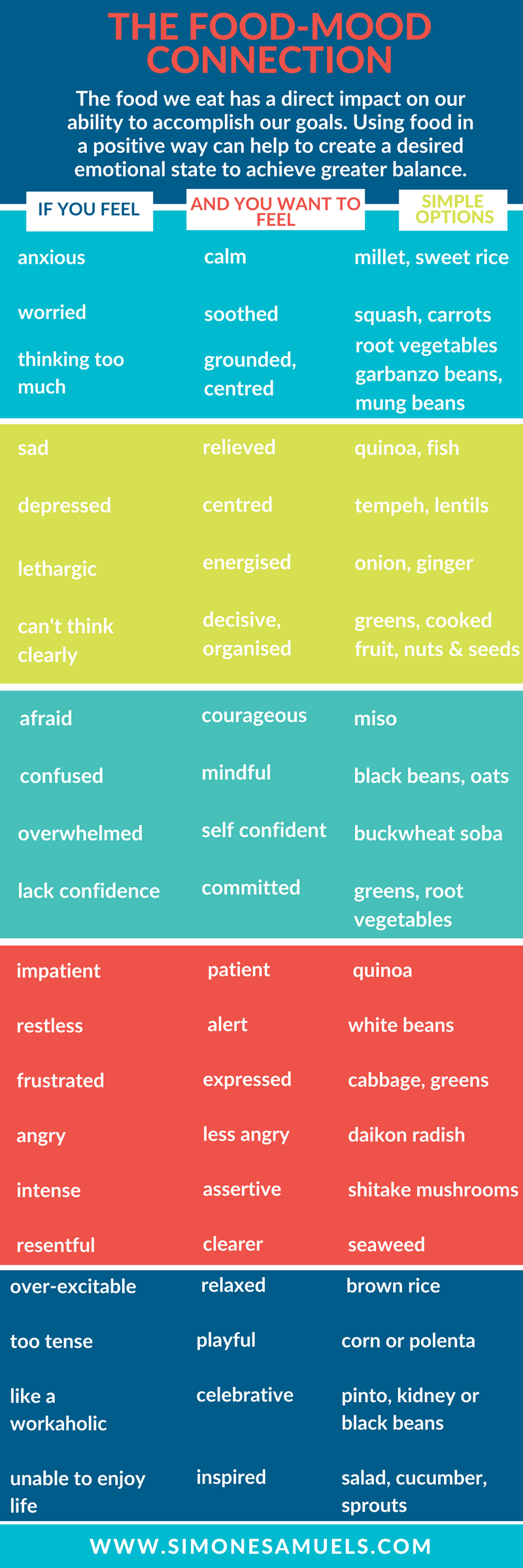Since we were born, there has been an emotional approach within us. A place where basic emotions reside, essential to our survival. Fear, anger, sadness, joy and pain. Every home needs care and cleanliness, and our emotional home also needs to be open and ventilated. You have to be prepared and ready because more emotions will enter, that will inhabit us, inform us and leave.
However, what happens when one of these emotions stays with us, constantly inhabits our emotional home and does not disappear ?, if there is an emotion left it is because we do not let it go, either because it is blocked, or because it makes us feel unbalanced, unhappy or because it affects our emotional health.
- At this point in your life.
- You’re responsible for what’s going on in your emotional home.
- It’s important to know what emotions you have.
- What feelings and affections come and go.
- How they relate to each other.
- And how they push you into action.
- Emotions that enter your emotional home will determine your feelings.
- The feelings that occur in you.
- How you feel.
- And how you act.
The nature of emotions sinks. Feel them, identify them, welcome them and let them go. Whether they are pleasant or unpleasant to feel, once you feel them, you have to let them go.
Airing the rooms of our house is also letting out something that is demarcated or stuck, for example, if you do not allow yourself to feel angry and catch it inside, you will accumulate rage. , can become anger, resentment or resentment. If you leave unpleasant emotions, such as envy, resentment or jealousy, trapped in a room, they will end up hurting you and the people around you, because at some point they will leave and be negatively affected.
Opening windows to let in new emotions is also part of the dynamic process of life, if you don’t allow yourself to enjoy or feel love because you’re rooted in the previous pain, you deny the entry of emotions that are most useful for the present moment. than for the past.
You can’t ban or refuse to feel emotions, even if they’re unpleasant to you, they’re important and necessary for you to learn something from a situation, you can reorient your life with them.
All emotions tell us something and guide us, provide us with data about our relationships with ourselves, with others and with our life plan, if we identify them, name them, accept them and let them go, understand them and manage them properly. and no one will block us.
Disappointment means knowing that what you believe is not true, and indicates that not everything is as you thought or wanted, without necessarily having to become a source of discouragement: it serves to learn. Intense and permanent jealousy or jealousy hinders our social relationships. they may be adaptable, but they are no longer adaptive when they prevent us from rejoicing in others.
Sadness indicates that you have suffered a painful loss that you must manage, you have to be aware of it, learn to live differently. Anger informs you that something or someone is an obstacle to what you have decided to do; disgust or aversion indicates that you should stay away from something that is not healthy for you; fear signals danger and causes you to protect yourself or defend yourself.
Joy tries to repeat a pleasant situation, surprise promotes openness to learning. And so, each of the emotions informs us about something, makes us feel a certain way and we have to learn how to handle them.
It is our handling of emotions that makes them positive or negative for us, in themselves they all have a use, although it is true that some are more pleasant to feel than others, whether pleasant or unpleasant, will make us better. or less harm if we share them. Good social accompaniment will be of great use to relativize unpleasant emotions and share joys, polluting our happiness.
If you feel like you’re trapped in an emotion, that you spend a lot of time being sad or upset, or if you think your social relationships aren’t satisfying because you don’t appreciate them, it’s time to start doing good emotional management. . It may still be possible to act abroad and put an end to the stimuli that have led to your domestic situation; However, otherwise it is in your hands to improve your emotional regulation so that your heart is a home where emotions come and go, without stagnation.

